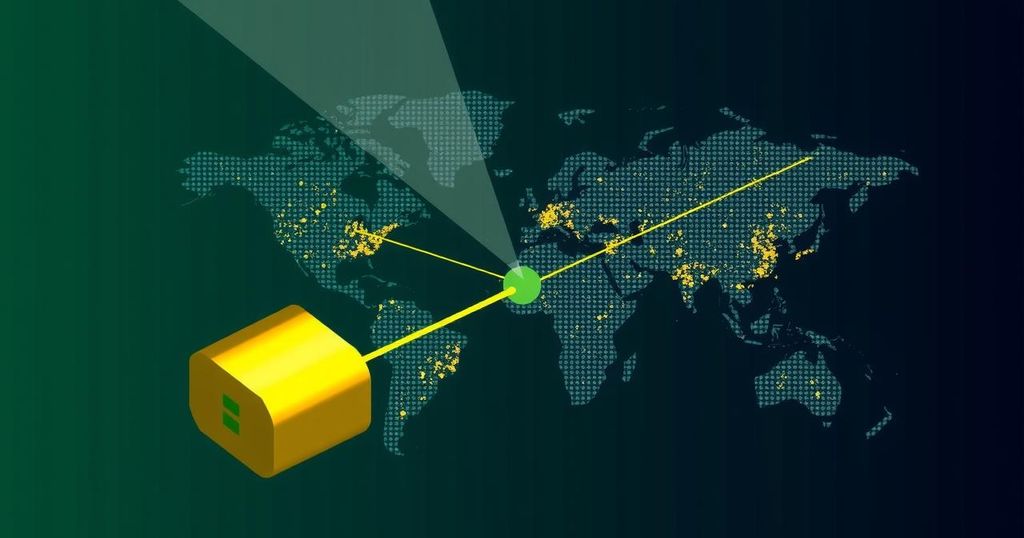Safetytech Accelerator has chosen Framergy, Xplorobot, and Sorama for feasibility studies to address fugitive methane emissions in maritime operations. These companies will work with MAMII and industry leaders like Carnival and Chevron to evaluate their technologies. Innovations such as advanced detection devices and acoustic cameras are poised to revolutionize methane management in shipping, fostering sustainability and compliance with environmental standards.
In a concerted effort to combat fugitive methane emissions from maritime operations, Safetytech Accelerator, alongside leading industry partners, has selected three technology companies: Framergy, Xplorobot, and Sorama. These companies will undergo feasibility studies as part of the Methane Abatement in Maritime Innovation Initiative (MAMII). By bringing together maritime stakeholders and innovators, MAMII aims to enhance the measurement and mitigation of methane emissions, fostering technological advancements within the shipping industry. Launched in September 2022, MAMII has garnered the support of 23 shipping companies as Anchor Partners. This initiative focuses on identifying and evaluating potential solutions that can detect, measure, and potentially capture methane emissions. Following a challenge issued in March 2024, wherein over 100 technology providers were assessed, the featured companies emerged as the top contenders entering the evaluation phase with prominent partners such as Carnival, Chevron, Seapeak LNG, and Shell. Xplorobot provides a sophisticated handheld device and integrated platform for real-time detection and quantification of methane leaks using artificial intelligence and computer vision. This technology enables precise localization of leaks and provides instant data overlays for comprehensive monitoring without necessitating specialized training. Sorama specializes in acoustic camera technologies that detect gas leaks via sound and vibration. By visualizing sound fields in three dimensions, the system enhances the identification of leak locations on-screen and simplifies the analysis process through integrated AI capabilities. Framergy’s approach involves innovative materials, including AYRSORB™ F250, designed for the selective capture and concentration of methane from the environment. This technology, leveraging coordination chemistry, has the potential to revolutionize methane leak detection and suppression methods across the maritime sector. Safetytech Accelerator, founded by Lloyd’s Register, is dedicated to promoting innovation in safety-critical industries, emphasizing the role technology plays in improving operational resilience and environmental sustainability. Through initiatives like MAMII, the organization seeks to enhance the maritime sector’s approach to addressing methane emissions, which are critical to mitigating climate impact.
The Methane Abatement in Maritime Innovation Initiative (MAMII) addresses the pressing challenge of fugitive methane emissions in the shipping industry. Methane, a potent greenhouse gas, poses significant environmental threats, prompting the maritime sector to seek innovative solutions for detection and reduction. MAMII, led by Safetytech Accelerator, collaborates with industry leaders and technology providers to evaluate and advance methodologies that could lead to more effective emissions management in maritime operations. This collaboration reflects a broader commitment within the maritime industry to adhere to environmental standards and implement sustainable practices.
The selection of Framergy, Xplorobot, and Sorama for feasibility studies under MAMII marks a significant step towards enhancing methane emissions management in the maritime sector. Through innovative technologies that accurately detect and potentially capture fugitive emissions, the initiative aims to foster a sustainable approach within the industry. With the support of esteemed partners and rigorous evaluation, successful implementations of these technologies could lead to widespread adoption and contribute to the global effort to minimize greenhouse gas emissions.
Original Source: en.portnews.ru

Leave a Reply